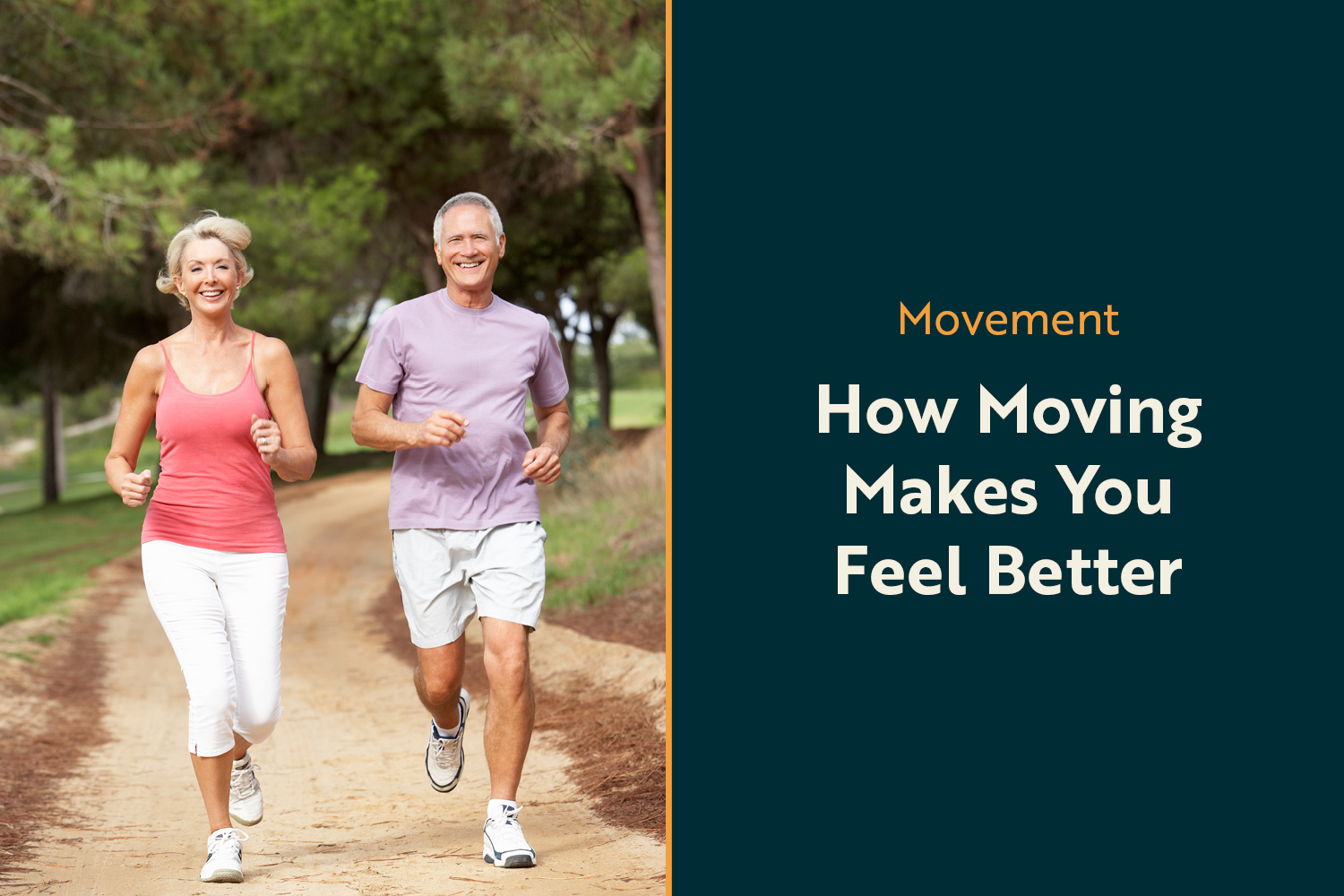
Exercise is widely known to support physical health, but its effect on mental and emotional well-being is often overlooked.
Movement can lift your mood, reduce tension, and help you feel more balanced.
Understanding this connection may encourage you to include more activity in your daily life.
Physical activity offers a healthy way to manage emotional stress.
When you feel anxious, sad, or overwhelmed, your body produces stress hormones like cortisol.
Movement can help your body break these down more efficiently, reducing their impact on your mood.
Exercise also encourages the release of endorphins, chemicals in the brain linked to a sense of happiness and reduced pain.
You don’t need to exercise intensely to notice these benefits; even a short session can help shift how you feel.
Movement doesn’t need to be strenuous to make a difference.
Gentle activities such as walking, swimming, yoga, or tai chi can all help reduce stress and support emotional well-being.
The most important part is choosing something you enjoy. Listen to your body and avoid pushing yourself too hard, especially during stressful periods.
Regular movement can have several positive effects on emotional health:
If exercise feels overwhelming or new, start small and build gradually.
Begin with 10–15 minutes of movement a day. Increase time or intensity as it starts to feel more comfortable.
You’re more likely to continue if the activity feels fun or satisfying.
Try to build movement into your daily schedule, just like meals or appointments.
Moving with someone else can make it more enjoyable and help keep you motivated.
Take note of small improvements and celebrate your consistency.
Adding regular movement to your routine can lead to noticeable improvements in how you feel.
You don’t need to do anything extreme; gentle, consistent effort goes a long way.
By paying attention to your body’s signals and choosing forms of movement that feel right for you, you’ll be supporting both your physical and emotional well-being.
We are based in three locations and share buildings with Prestige Dental Care.